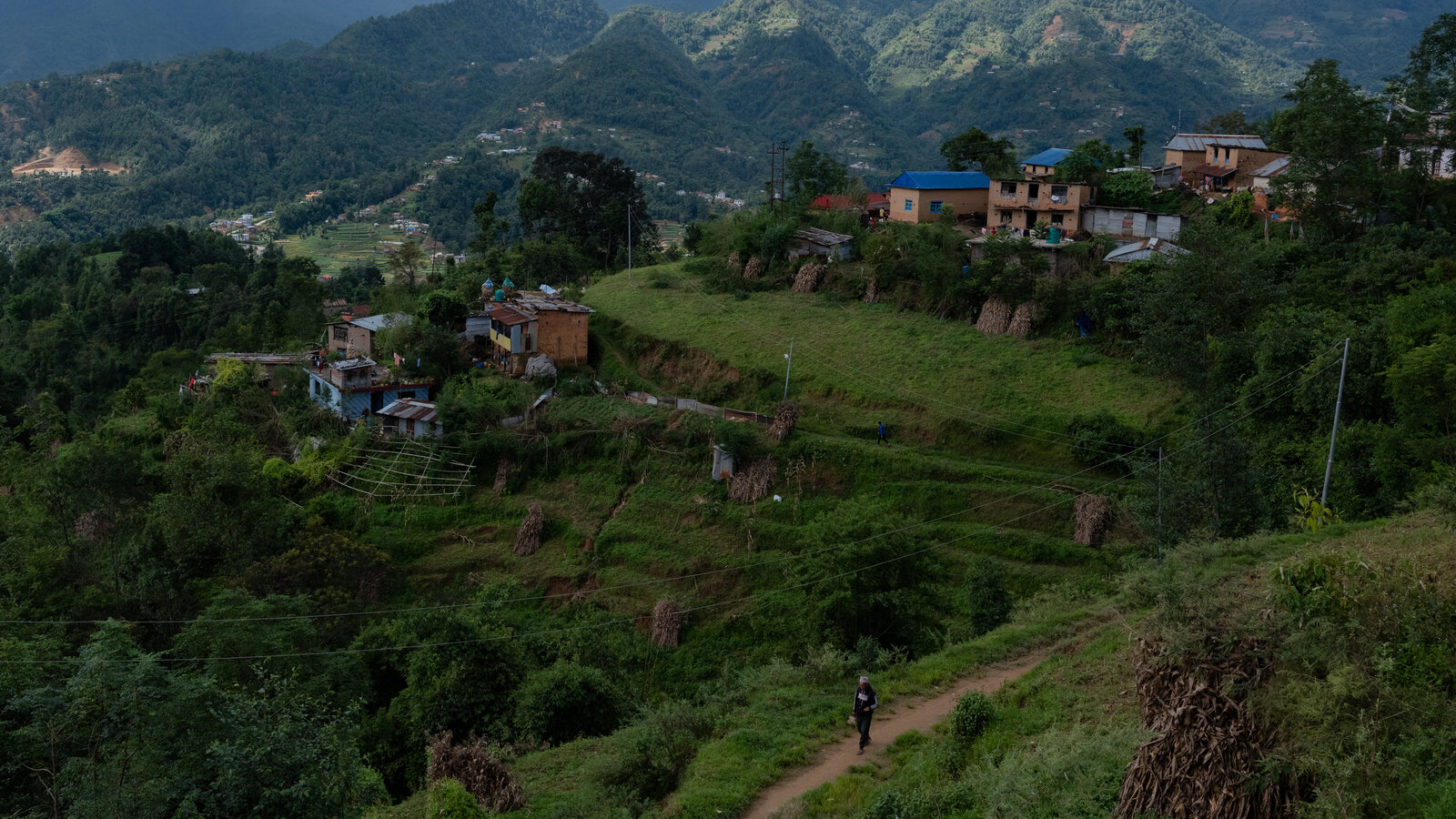Copyright nytimes

But in the days leading up to the Gen Z protests, Ms. Khatiwada was targeted as a “nepo kid” for taking foreign vacations and endorsing luxury brands. She lost many of her Instagram followers. Ms. Khatiwada’s father is a former health minister, and her husband’s father owns Nepal’s biggest media conglomerate. Ms. Limbu said Ms. Khatiwada was a “disappointment” for not supporting the protesters. “Because people looked up to her so much, people were expecting that she would do something about it, post something about it, and she didn’t,” Ms. Limbu said. Homes belonging to relatives of Ms. Khatiwada were among those burned during the protests. Ms. Khatiwada said in an interview that she had wanted to promote the protesters’ cause, but that she was shocked “at being painted as its enemy.” “My silence was not born of privilege or indifference; it came from trauma and shock,” she said. Asked whether she had benefited from tainted money, she said, “I never gained from ill-gotten gains.” Some young people see the protests’ impact as fleeting: a flash mob of anger, displayed by educated, middle-class people toward a small elite class. They say the demonstrations are unlikely to improve their everyday lives or make them want to stay in the country. If anything, they say, the disruption and uncertainty they caused have made things worse. “For teenagers, it hasn’t changed much,” Ms. Dolker said. “Now they’re like, ‘I have to leave even sooner.’” Bhadra Sharma and Sajal Pradhan contributed reporting.



